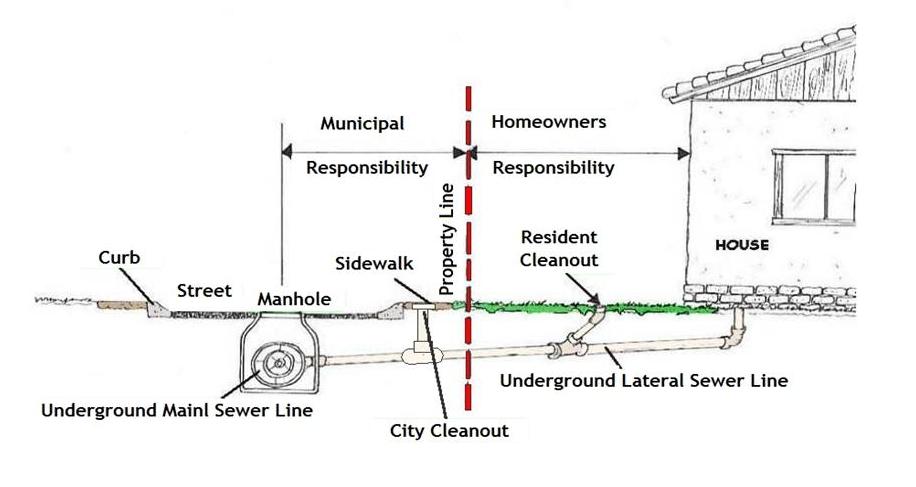Whether you’re an imaginary “Top Chef” competitor or just a weekend bacon eater, chances are you’ve produced some serious grease and maybe even poured it down the drain. You’re in the zone, pans are sizzlin’, knives are choppin’, and a quick swoop to the sink and your grease problem is solved! Only to find yourself a day, a month, a year later calling a plumber in a panic because sewer water is backing up in places you never thought you’d see it – the toilet, sink, or tub.
Most of us turn on the tap and never think about where that water, and the grease and food scraps we send with it, goes. The truth is your drain is not just your drain; it’s the beginning of a connection to a massive infrastructure. Since the system is too big to describe in one post, this is the first of a series I’m calling “The Grease Beneath Our Feet.”
I blame Teenage Mutant Ninja Turtles for our sewer misconceptions. When wastewater enters your drain it flows through a pipe system that’s usually only about 4 inches in diameter. Leonardo and Donatello are not surfing in this system. Once the water begins to cool (which FYI it will do faster in winter) the grease begins to harden and stick to pipe walls closing off the flow of water. Food scraps chopped up by your garbage disposal just add to this mucky mess.
Some will say, “Ah ha, my solution is to follow my grease with hot water! That way it will flush it further down the line and my city will be responsible.” Personally, I’m not a risk-taker, and you just never know when that grease will cool. While you might have a cleanout next to your house, municipalities can’t work on private property and the City cleanout is generally much closer to the street, leaving you responsible for lots of pipe. Avoid the hassle of a potential backup by pouring grease into a soup can, freezing it and throwing it out in the trash. Here are some other useful tips. Stay tuned for the next step in the system, when grease in the mainline becomes a neighborhood affair.
Do you have a backup horror story? Share it in the comments.
